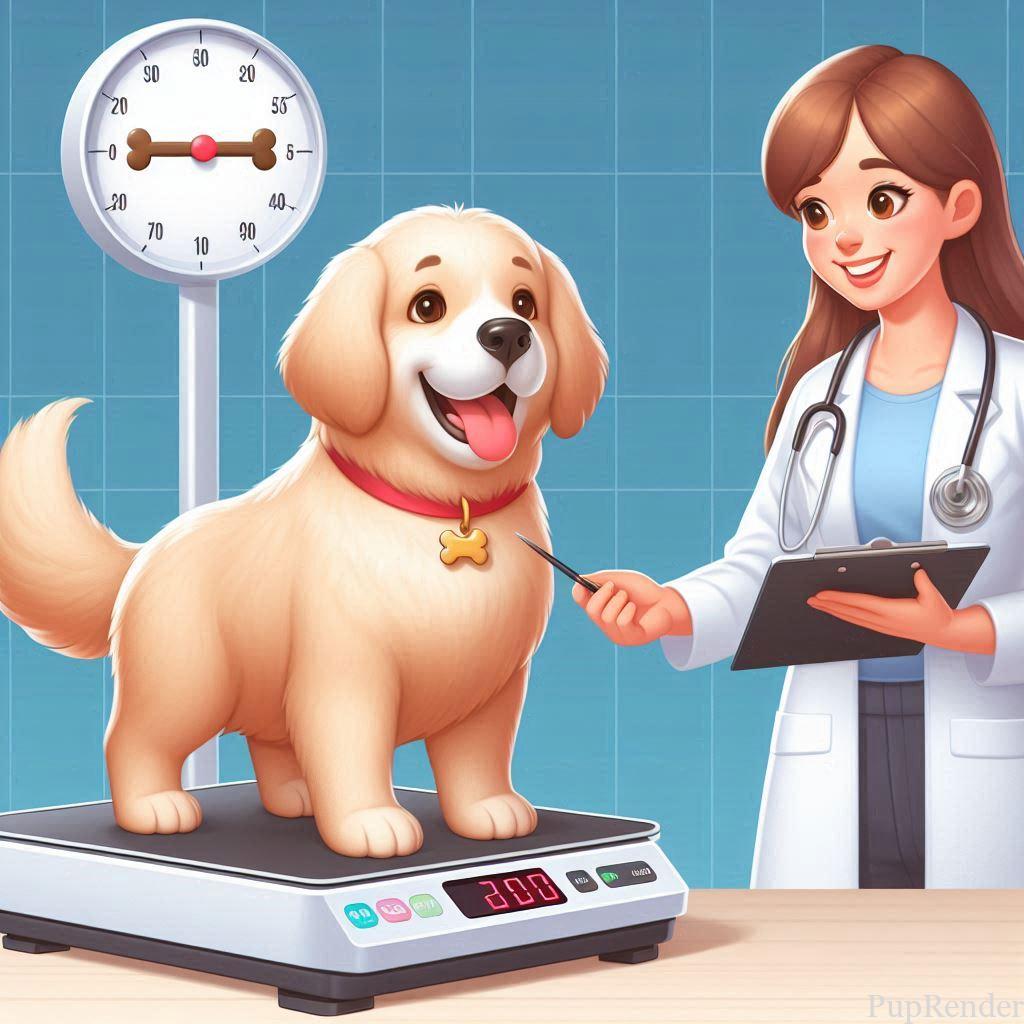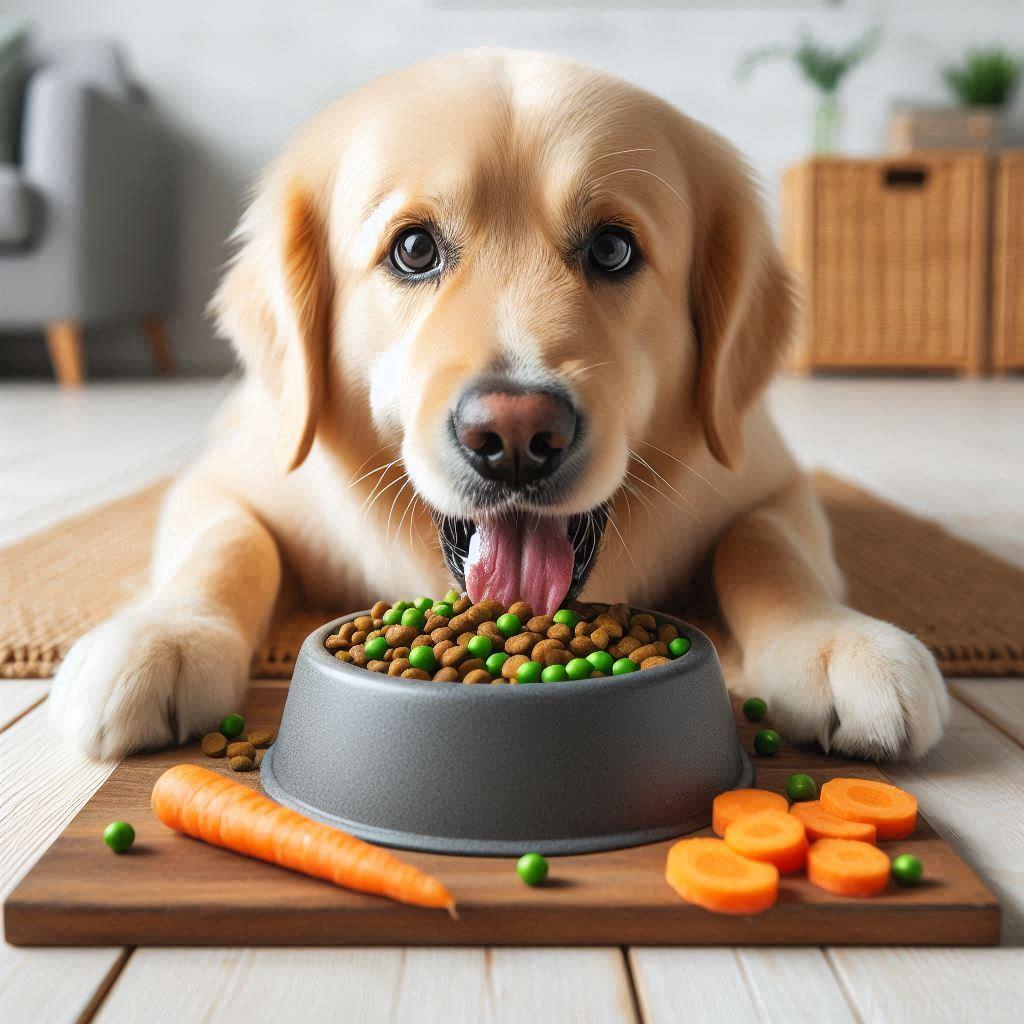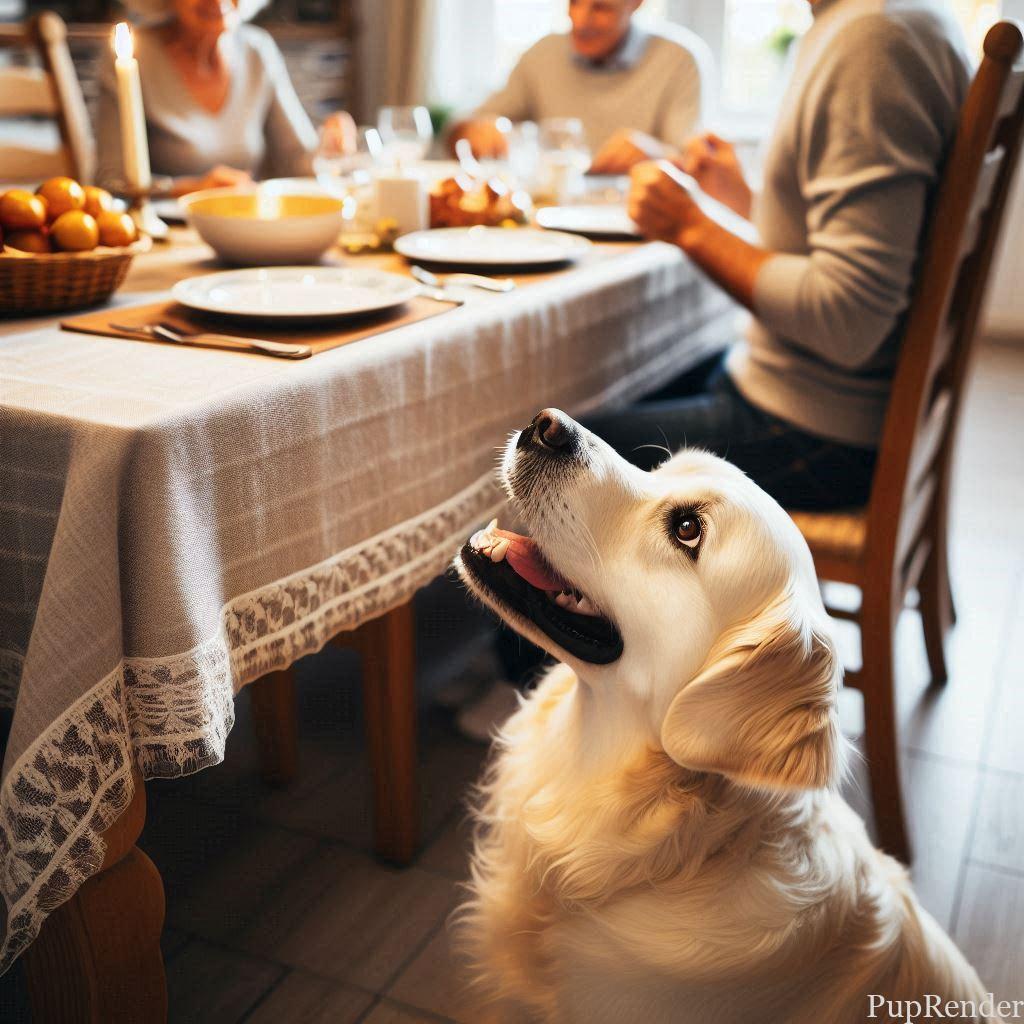How to Manage Your Dog’s Weight Effectively
Maintaining a healthy weight for your dog is essential for their overall well-being and longevity. Managing your dog’s weight effectively can prevent a host of health issues and ensure that your furry friend stays active and happy. In this guide, we’ll cover practical tips to help keep your dog at a healthy weight and highlight some common mistakes to avoid.

Understanding Your Dog’s Weight Needs
Every dog is unique, and their weight needs can vary significantly based on factors like breed, age, and activity level. It’s important to understand what a healthy weight looks like for your dog and to monitor it regularly. Obesity in dogs can lead to severe health problems, such as diabetes, heart disease, and joint issues.
To get started, consult your vet for a baseline weight and tailored advice. Regular vet visits can help you track your dog’s weight and adjust their diet and exercise routines as needed. For more information on ensuring your dog gets the right nutrition, check out our post on Is Your Dog Getting the Right Nutrition?

Practical Tips for Managing Your Dog’s Weight
1. Portion Control is Key
One of the most effective ways to manage your dog’s weight is through portion control. Overfeeding, even with healthy food, can lead to weight gain. Use a measuring cup or scale to ensure your dog is getting the right amount of food each meal. You can also consider switching to a food specifically designed for weight management.
For tips on creating a balanced diet for your pup, see our guide on How to Create a Balanced Diet for Your Dog.
2. Regular Exercise
Exercise is just as crucial for dogs as it is for humans. Regular physical activity helps burn calories, builds muscle, and improves overall health. Aim for at least 30 minutes of exercise per day, but adjust according to your dog’s breed and energy level. Activities can include walking, running, playing fetch, or even swimming.
Discover fun and engaging ways to bond with your dog while keeping them active in our post on 5 Ways to Bond with Your Dog.
Healthy Treats and Snacks
Treats are a great way to reward your dog, but they can quickly add up in calories. Opt for healthy, low-calorie treats and be mindful of how many you give. Alternatively, try rewarding your dog with playtime or affection instead of food.
Learn more about healthy snacks and other essential tips in our article Top 7 Health Tips Every Dog Owner Needs.

Common Mistakes to Avoid
- Skipping Regular Weigh-Ins: It’s easy to overlook your dog’s weight until it becomes a visible problem. Make it a habit to weigh your dog regularly and adjust their food and exercise accordingly.
- Feeding Table Scraps: It can be tempting to share your food with your furry friend, but human food can be high in calories and harmful to dogs. Stick to dog-specific foods and treats to keep their diet in check.
- Not Adjusting for Age: As dogs age, their metabolism slows, and their activity levels may decrease. Adjust their diet and exercise to match their needs as they grow older. Check out our guide on The Best Diet for Senior Dogs for more tips.
For additional insights on avoiding common pitfalls, read our post Do You Make These Common Dog Mistakes?.

Help Your Dog Thrive at a Healthy Weight
Managing your dog’s weight effectively is all about balance—providing the right amount of food, regular exercise, and plenty of love and attention. With these tips and a little patience, you can help your dog live a longer, healthier, and happier life.
For a deeper dive into the science behind dog happiness, don’t miss our article Why Dogs Are the Happiest Pets Ever!.

For more detailed information on dog health and wellness, visit American Kennel Club and ASPCA.





